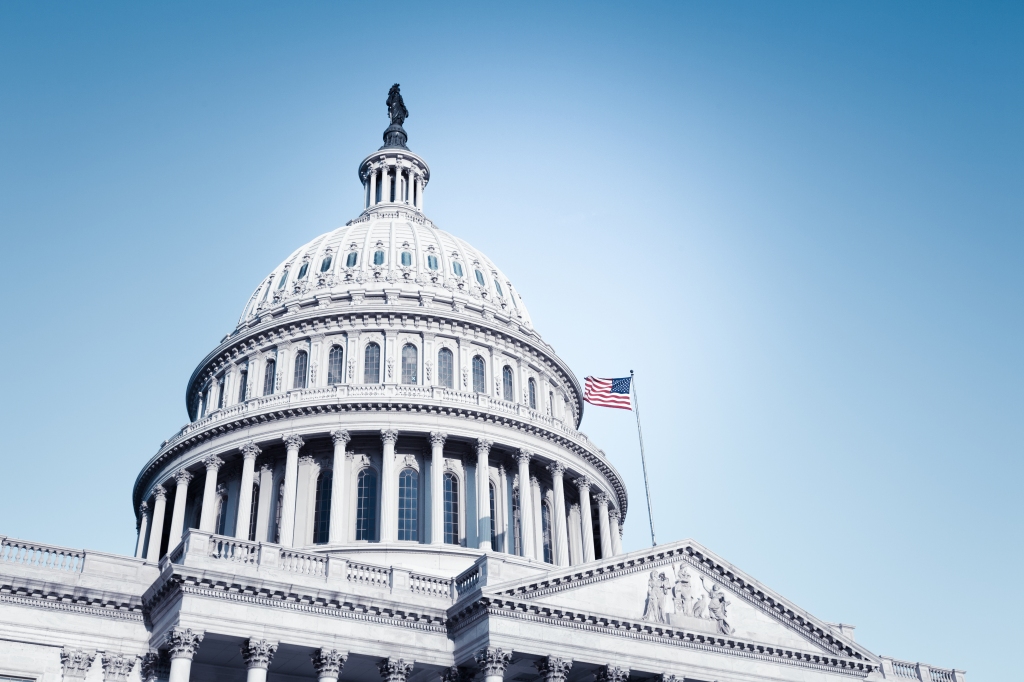
UPDATE, Sunday, 3:35 p.m. PT: President Joe Biden said that Democratic critics of the debt ceiling deal “will find I didn’t” make too many concessions with Speaker Kevin McCarthy and House Republicans.
Speaking at the White House, Biden also tried to push back on the notion that he reversed course on his position that the debt ceiling was non-negotiable. He insisted that what they negotiated on proposed budget cuts in order to “get to them to deciding that they are going to go along with a new debt ceiling, meaning it is not attached. … I made a compromise on a budget.”
When a reporter noted that is what Republicans wanted, Biden said, “Can you think of an alternative?”
With the deadline for default looming, there also has been pressure on Biden to invoke the 14th Amendment to circumvent what Democrats have characterized as a form of hostage taking on the part of Republicans.
“I think it would cause more controversy getting rid of the debt limit, although I am exploring the idea that we would at a later date, a year or two from now, decide whether or not the 14th Amendment, how that actually would impact on whether or not you need to do a debt limit every year. But that’s another day,” Biden said.
PREVIOUSLY, Saturday: The White House and House Republicans reached an agreement in principle on Saturday to raise the debt ceiling and avert a default.
House Speaker Kevin McCarthy said that after speaking with President Joe Biden, they had “come to an agreement in principle that is worthy of the American people.”
He told reporters that he planned to post the text of the bill on Sunday, with a vote on Wednesday. McCarthy did not go into details, but said that the deal was for “historic reductions in spending” and that it included “consequential reforms that will lift people out of poverty into the workforce.”
Biden said in a statement that the deal is “an important step forward that reduces spending while protecting critical programs for working people and growing the economy for everyone. And, the agreement protects my and Congressional Democrats’ key priorities and legislative accomplishments.”
“The agreement represents a compromise, which means not everyone gets what they want. That’s the responsibility of governing,” he added.
There were reports that the agreement calls for the ceiling to be raised through 2025, and that non-defense spending next year would remain at 2023 levels. No changes would be made to Medicaid, but time limits would be placed on the Supplemental Nutrition Assistance Program to people up to age 54. The work requirements will be eased for veterans and the homeless. Those provisions have been a key sticking point in the negotiations.
House Republicans released an outline of the plan later on Saturday that provided some additional details, including a reduction in funding for the IRS to boost enforcement and canceling unspent Covid funds.
The agreement was reached with little time to spare, given a deadline of June 5. That is the date that Treasury Secretary Janet Yellen said that the U.S. government will default on its debt if the $31.4 trillion debt ceiling is not raised.
For months, Biden and McCarthy have been engaged in a high stakes game of political brinksmanship. The president initially said that he would not engage in negotiations over anything other than a raising of the debt limit, warning of the dire consequences that would result to the U.S. and world economy should the country default. McCarthy, elected after making a series of concessions to the party’s right wing, has sought budget cuts and other concessions in exchange for rallying his caucus members to vote to raise the ceiling, something that his detractors, as well as Rep. Matt Gaetz (R-FL) have compared to a form of hostage taking.
“We now estimate that Treasury will have insufficient resources to satisfy the government’s obligations if Congress has not raised or suspended the debt limit by June 5,” Yellen wrote on Friday. She had previously estimated the date as early as June 1, but provided an update as negotiations continued this week.
Wall Street markets closed higher on Friday in anticipation of a deal. But there has been a great deal of uncertainty around the talks, and the next step will be for congressional leaders to convince members to support the deal. That will likely be an intricate process of whipping votes, with the likelihood that vocal contingents in each party will be opposed to it. When he was lining up votes to become speaker, McCarthy agreed to give members 72 hours to review bill text before a vote, something that may only give opponents more time to stir up opposition.
The U.S. has never defaulted on its debt, and just the possibility of such a scenario has in the past sent markets into wild fluctuations. That happened in 2011, when Republicans refused to raise the debt ceiling unless then-President Barack Obama agreed to a series of future spending limits. A deal was reached two days before the U.S. ran out of money. Even though a default was averted, the U.S. credit rating was downgraded and borrowing costs went up by $1.3 billion, according to the Government Accountability Office.













